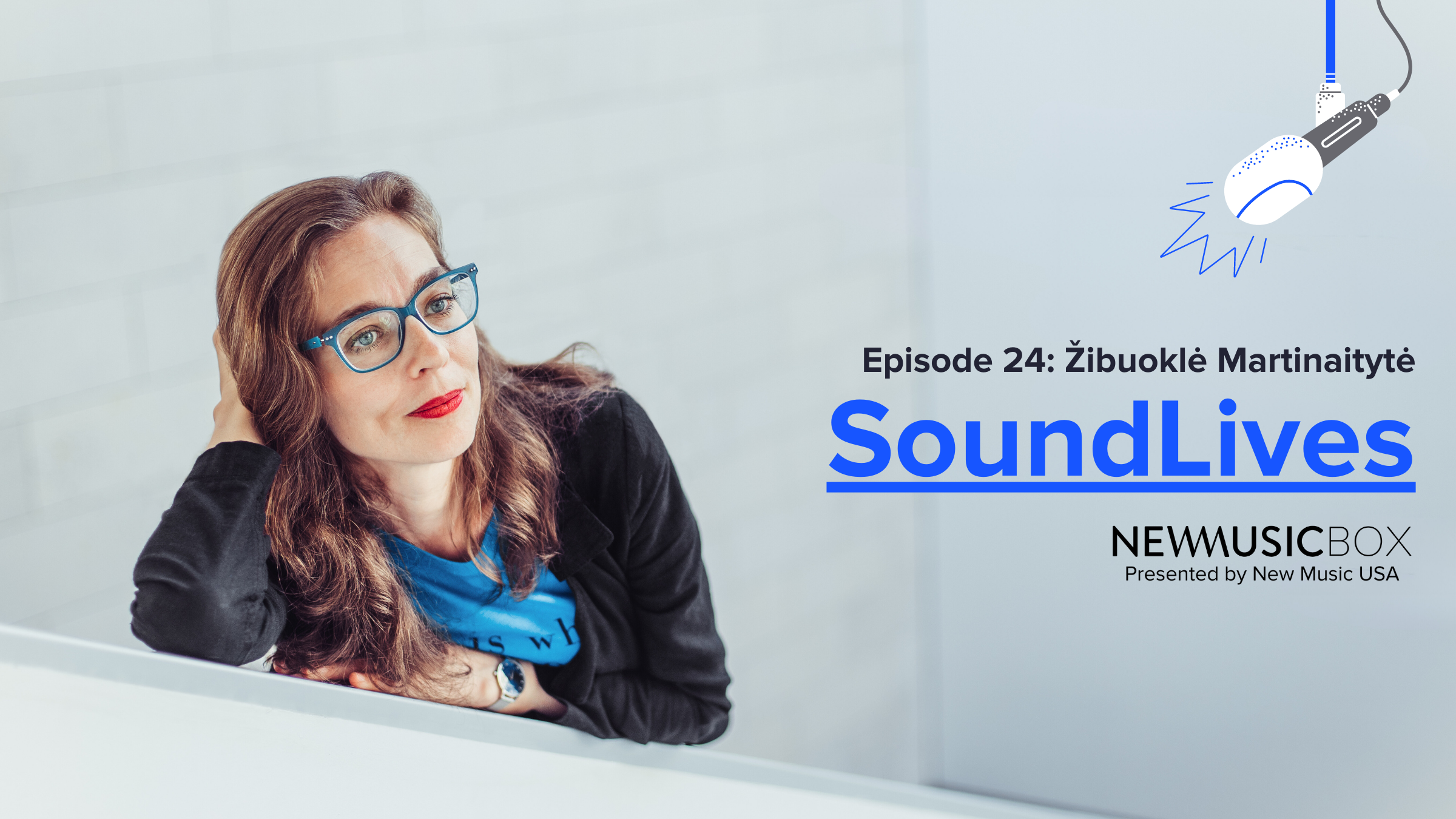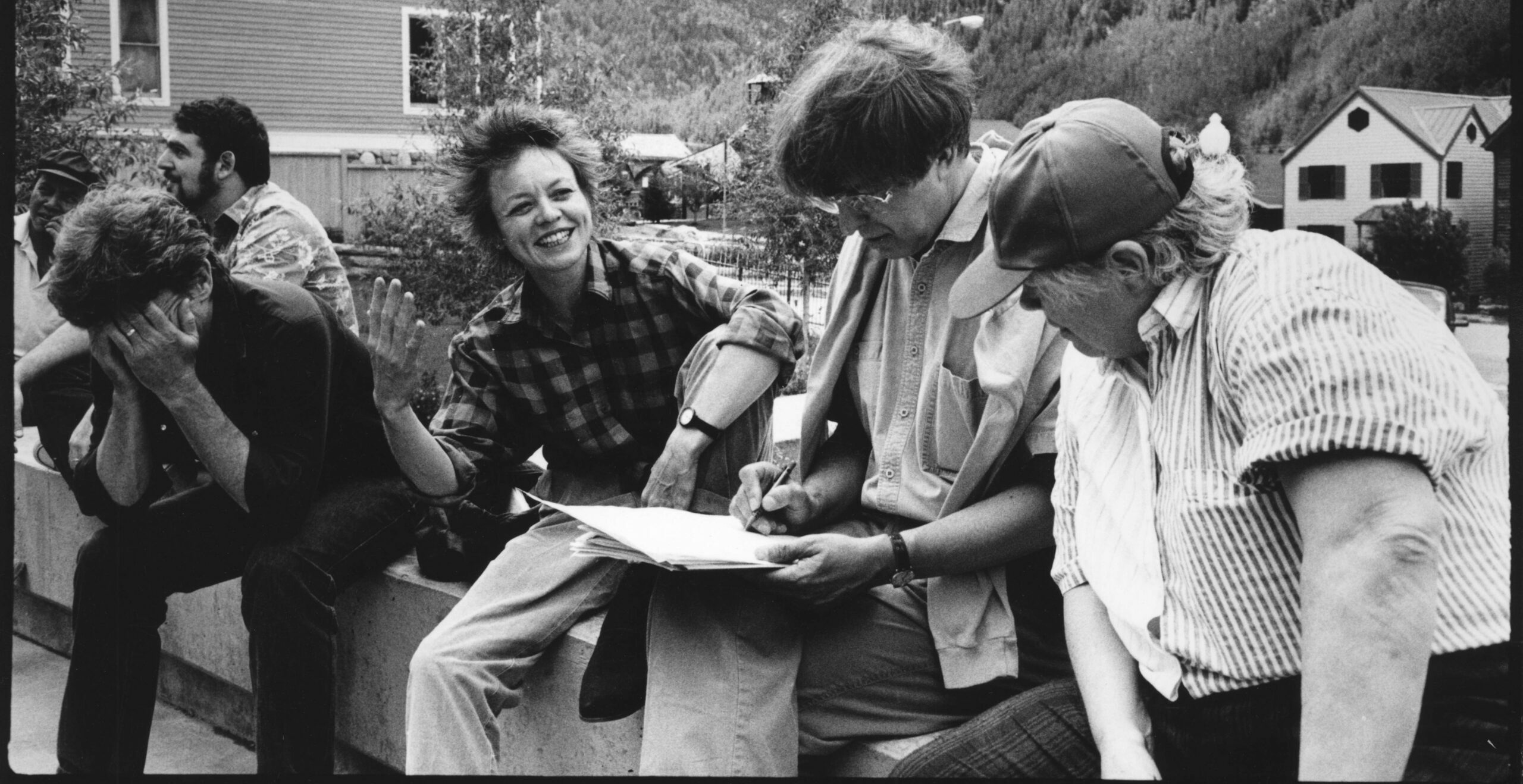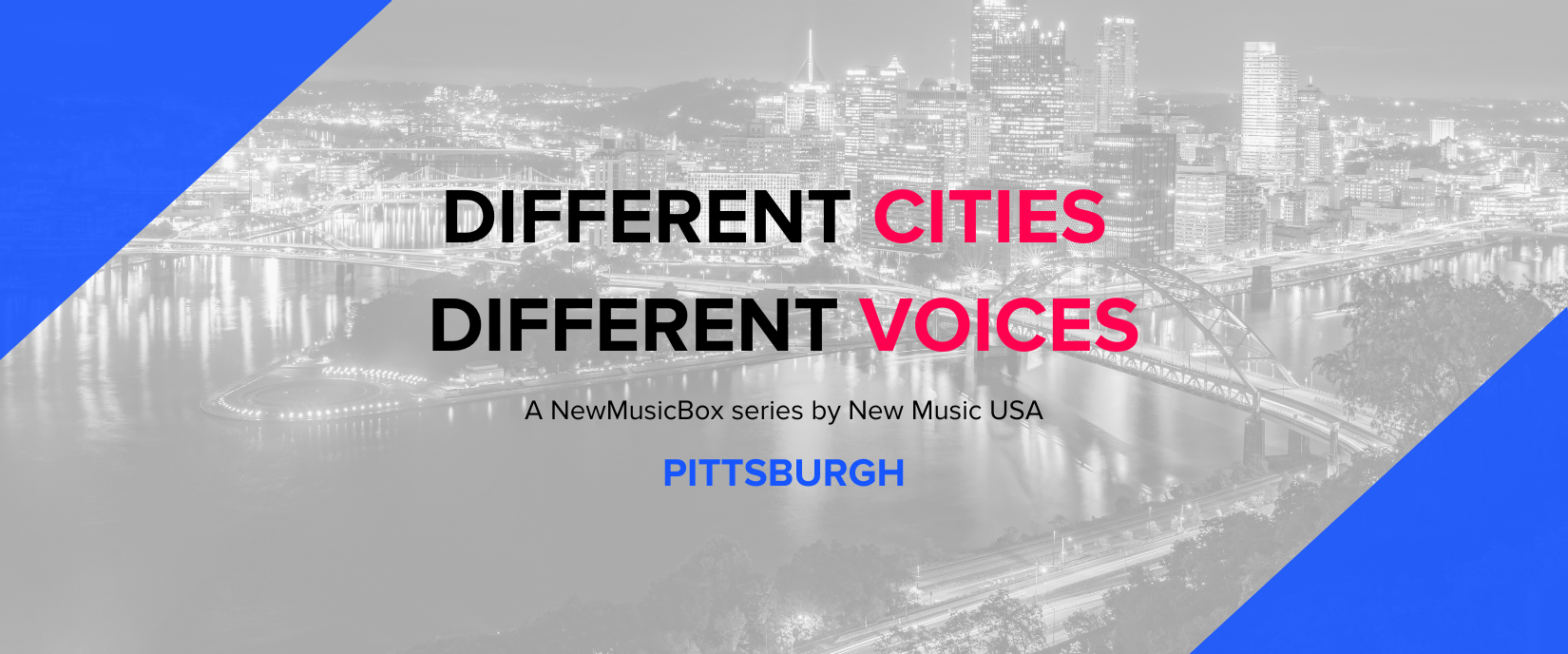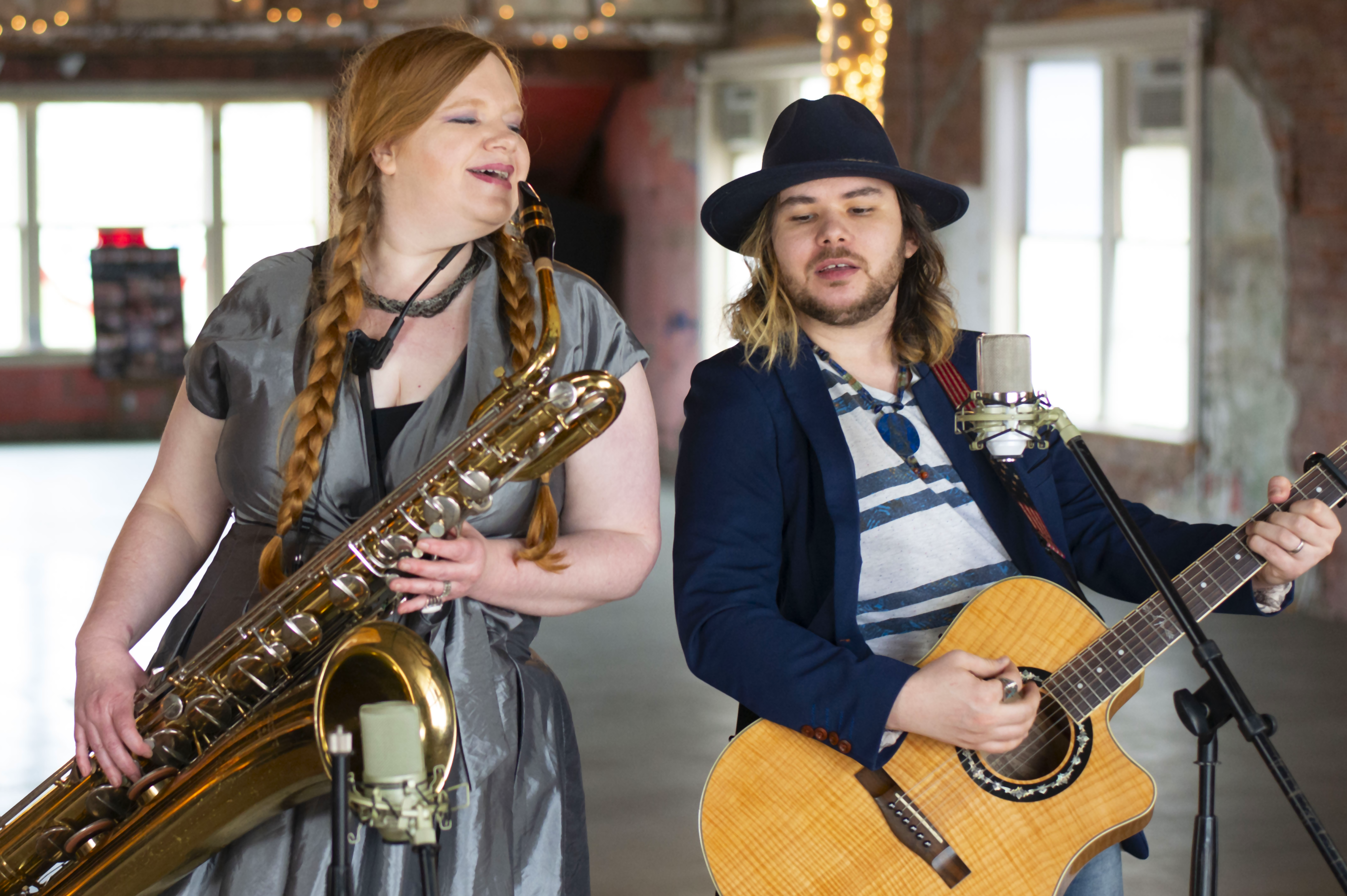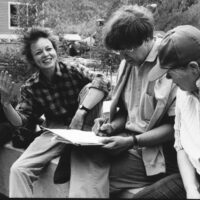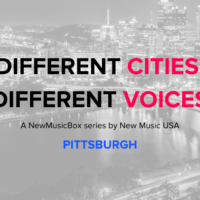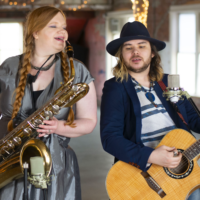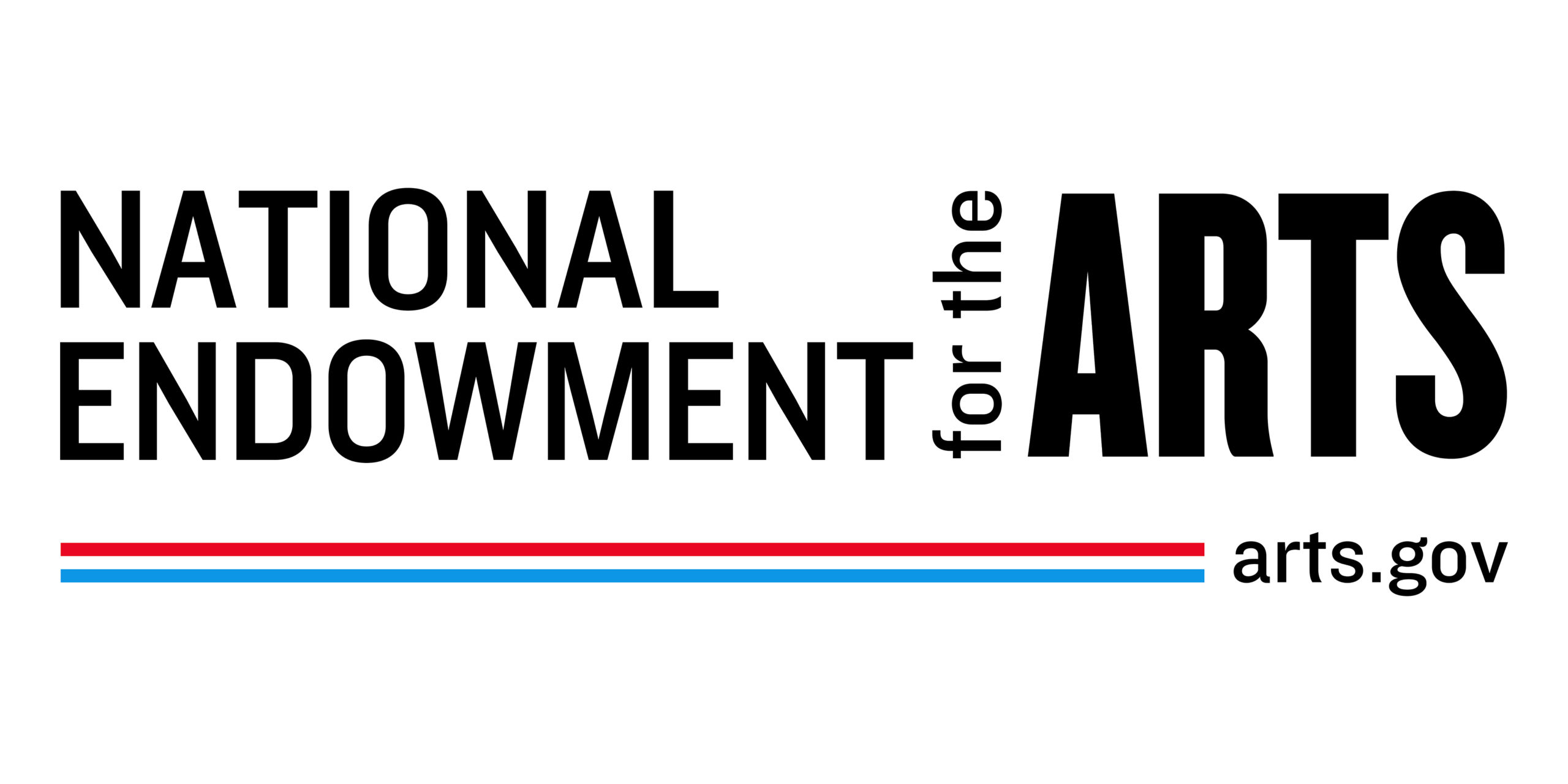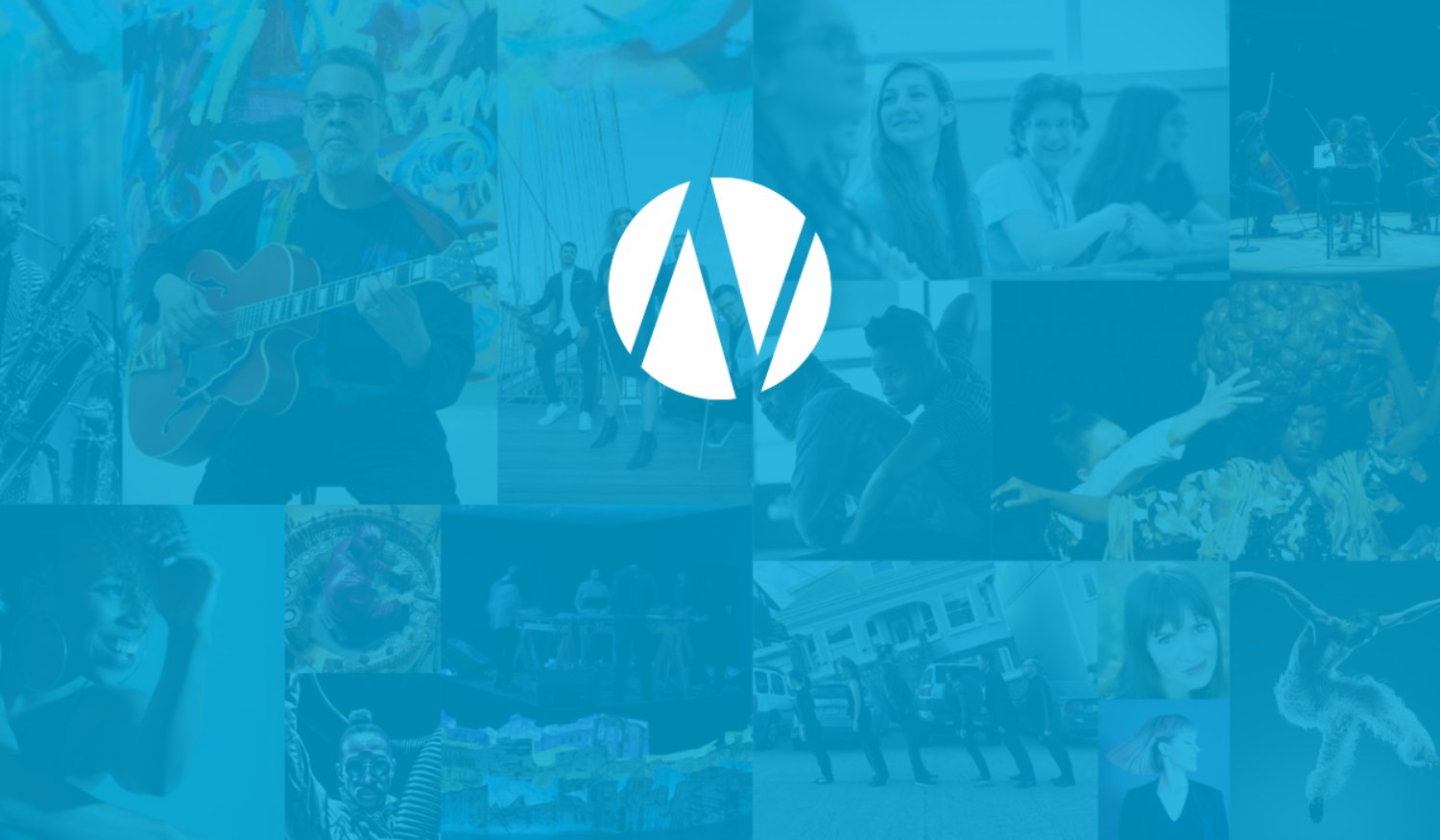
BMOP was back at Club Café on March 5, for a Japanese-themed concert curated by composer Ken Ueno—a remarkably efficient exploration of the Japanese dance between pitch, noise, and silence—while the Bang on a Can All-Stars performed at MIT’s Kresge Auditorium on March 10, part of an ongoing three-year residency organized by MIT professor (and All-Star) Evan Ziporyn.

Steve Roden’s …i listen to the wind that obliterates my traces (music in vernacular photographs 1880-1955) is a multimedia package that attracts attention with a whisper and glance, rather than a bell and a whistle. Two CDs containing a total of 51 tracks of early American music are slipped into the front and back cover pockets of a cleanly designed hardback book, the interior heavyweight pages are bursting with scans of 150 historic photographs.

For me, this year’s time change and move towards spring have elicited a refreshing renewal of creative energy. I’m working towards the completion of projects whose deadlines quite recently had appeared menacingly improbable.

While I have long held the view that no genre of music is inherently superior to any other, I still contend that you get much more from the music you hear (whatever it may be) if you completely submit to it. But could there be a sliding scale of discernment for music which ultimately affects everything we listen to, and why certain music ultimately becomes more popular as a result?

We all know that American music is comprised of a multitude of genres, subgenres, cliques, factions and styles. The swath of American music is so wide that many of its most broad-minded proponents from one camp unabashedly and sincerely argue that some of the other widely listened to varieties of American music aren’t really music at all.

We hear things. We hear things no one else can hear, and sometimes we’re not sure whether or not we can hear them either, but we think we can hear them so intensely that we end up hearing… something, and that will do.

It’s time to celebrate the female composers who are here now, making music now.

The crucial thing about bandwagons is they can only take us from a place of relative indifference to a place of stronger emotion—which is also why few but the most eager-to-please can be swayed once they already hold a strong opinion.

Is the idea of government support for the arts un-American? On the contrary. It is as American as apple pie. In the early years of the republic, were our political leaders rubes when it came to music and other arts? Look again. Our iconic founding fathers Washington, Jefferson, Franklin, and many of our subsequent presidents had signal public relationships to music and the arts.

If it were just any old source of pop music criticism that had published a recent piece on the rise of “indie-classical” music, we in the contemporary music racket might throw up our hands and wonder what took them so long to make the observation that most other commentators twigged in 2010. But this isn’t just any source of pop music criticism: It’s Pitchfork.

Danger Garden (2006), the composition which opens a new disc devoted to Hughes’s music and also lends its name to the CD’s title, is an extraordinary aural rendering of the zeitgeist, an era offering more opportunities than any other heretofore albeit at the risk of information overload and attention deficit.

Last week, the website “Vida: Women in Literature” published their 2011 count. This series of pie charts visualizes the ratio of female to male representatives in various categories—including published fiction, book reviewers, authors reviewed—at some of the most prestigious periodicals in the fiction world. Writers from all walks of life quickly condemned the ratios, and many of the editors promised to look into improving the equality of gender representation within their pages. The main thing that struck me about these numbers is this: If they had been generated by concert presenting organizations they would have seemed exceptionally progressive.

A boast of “reclaiming” Bach by performing his music according to previously entrenched performance practices which were codified sometime in the 20th century, a time that is receding deeper and deeper into our history and collective consciousness, feels downright reactionary and regressive.

Edward Cohen died ten years ago, at the age of 61, composing right up until the end—having, it was reported, outfitted his hospital room with an electric piano. In the intervening decade, opportunities to hear the results have been rare, so the February 18 memorial concert presented by MIT and the Radius Ensemble was not only an appropriate commemoration, but at least a small correction as well.

Since music is such a temporal art, it’s rare when composers aren’t talking about time in one way or another; whether the topic is metric modulation or missing deadlines, the ever-present clock is never far from our thoughts.

Musicians live and work in every city and town in the world, not just the “meccas” where most of the music industry’s corporate headquarters have set up shop. And I would venture to say that the locations of these headquarters aren’t that important to the musician choosing to relocate to one of these urban centers. The music industry doesn’t give value to a local music community, although it does attempt to assign value by manipulating the broader musical culture.

This well-attended new chamber version of Gatsby, staged over three nights on the main stage at Yerba Buena Center for the Arts by Ensemble Parallèle, featured a slightly abridged version of the score (approximately half an hour was cut) in a newly commissioned re-orchestration by Jacques Desjardins.

It seems like there has been a recent upsurge in books, articles, blog posts, and assorted media content geared towards jump-starting personal creativity. These books and ideas can be truly helpful for a lot of people. Sometimes a shot of inspiration delivered by another artist, or even just approaching an everyday action from a different angle is exactly what’s needed to light the creative fire. However, I wonder about the implied messages they send.

In non-improvised music, it’s infinitely easier to replace instrumentalists than it is to replace singers, whose “instruments” are infinitely more personal in nature. But the show must go on, and it’s always amazing to see everyone pull together around a common goal, especially in the classical concert world where composers, performers, and presenters often work in relative isolation.

Sometimes a composer’s personality can speak volumes about the music she or he writes. Tranquility mixed with pointed curiosity fits both the outward persona of Janice Giteck as well as the character of her work. Her compositions, which focus on chamber music but also include orchestral works and film scores, combine the rigor of Western European musical training with a meld of Buddhist, Hasidic, Javanese, and African influences.

Osvaldo Golijov did well for himself in a field whose upper echelon admits very few. The institutions who raised him up on their shoulders and offered him lavish paydays saw something in him, evidently, that they found value in. For better or worse, they wanted Golijov. But they didn’t get him, as it turns out.

It’s easy to understand the appeal of an article like the Wall Street Journal‘s “Anatomy of a Tear-Jerker,” which purports to explain why Adele’s hit song “Someone Like You” makes people cry. Unfortunately, the article is marred by a number of scientific, musical, and aesthetic misconceptions, some glaring and some more subtle.

The American Academy of Arts and Letters has announced the eighteen recipients of this year’s awards in music, which total $190,000. The winners were selected by a committee of academy members: Ezra Laderman (chairman), David Del Tredici, John Harbison, Fred Lerdahl, Tania Leon, Bernard Rands, Gunther Schuller, and Steven Stucky.

For many choral singers, learning music on their own can be challenging, especially for those who don’t have the keyboard skills needed to play more than just their own part. Learning one part, without the other parts or accompaniment, doesn’t usually get a singer very far.
